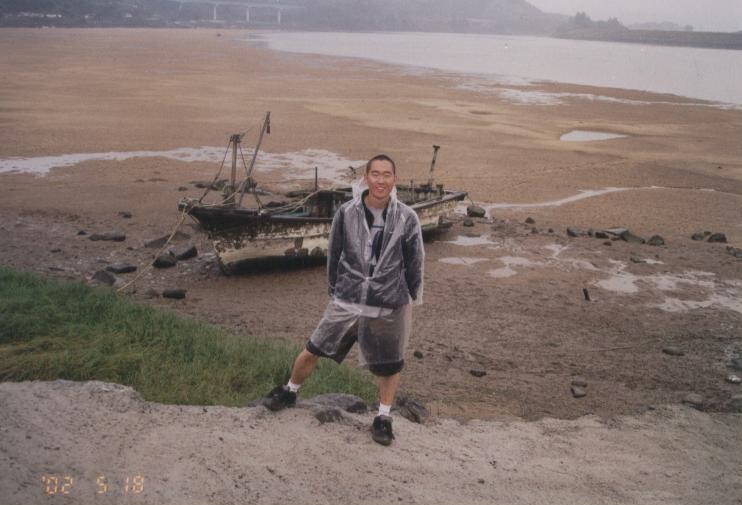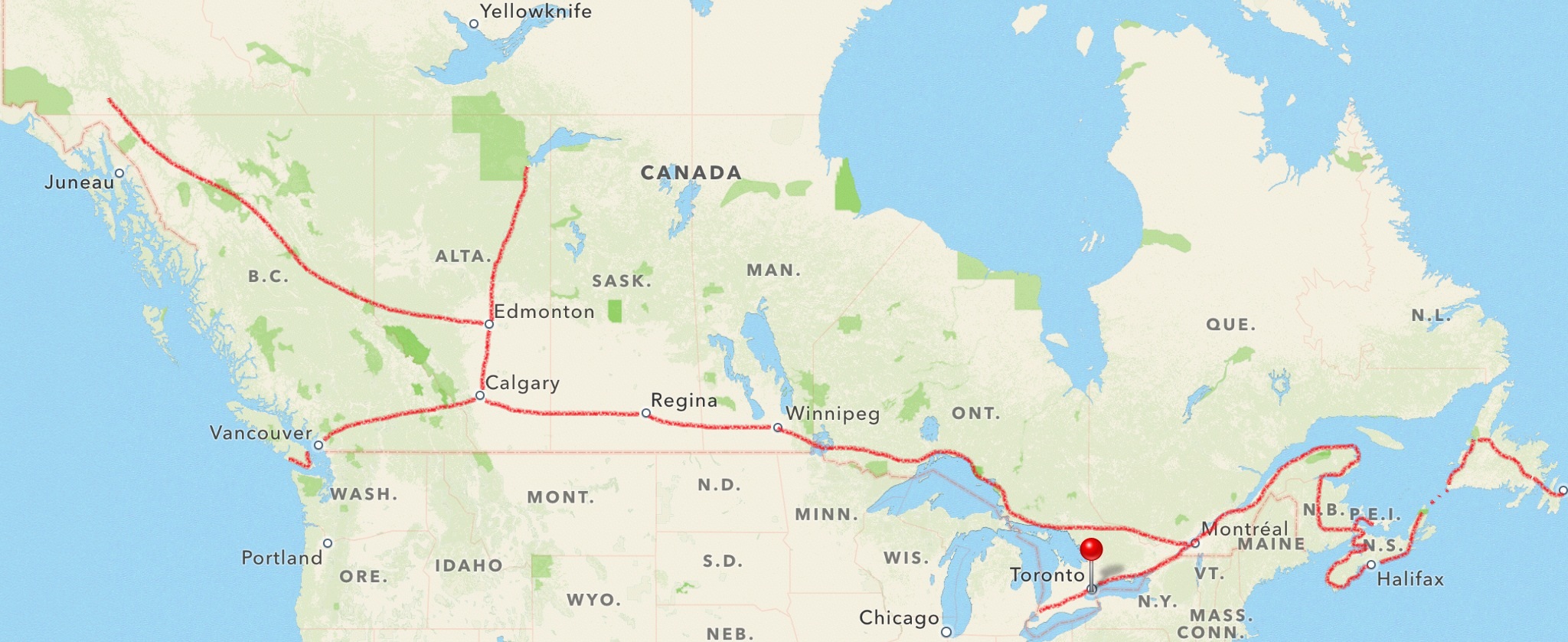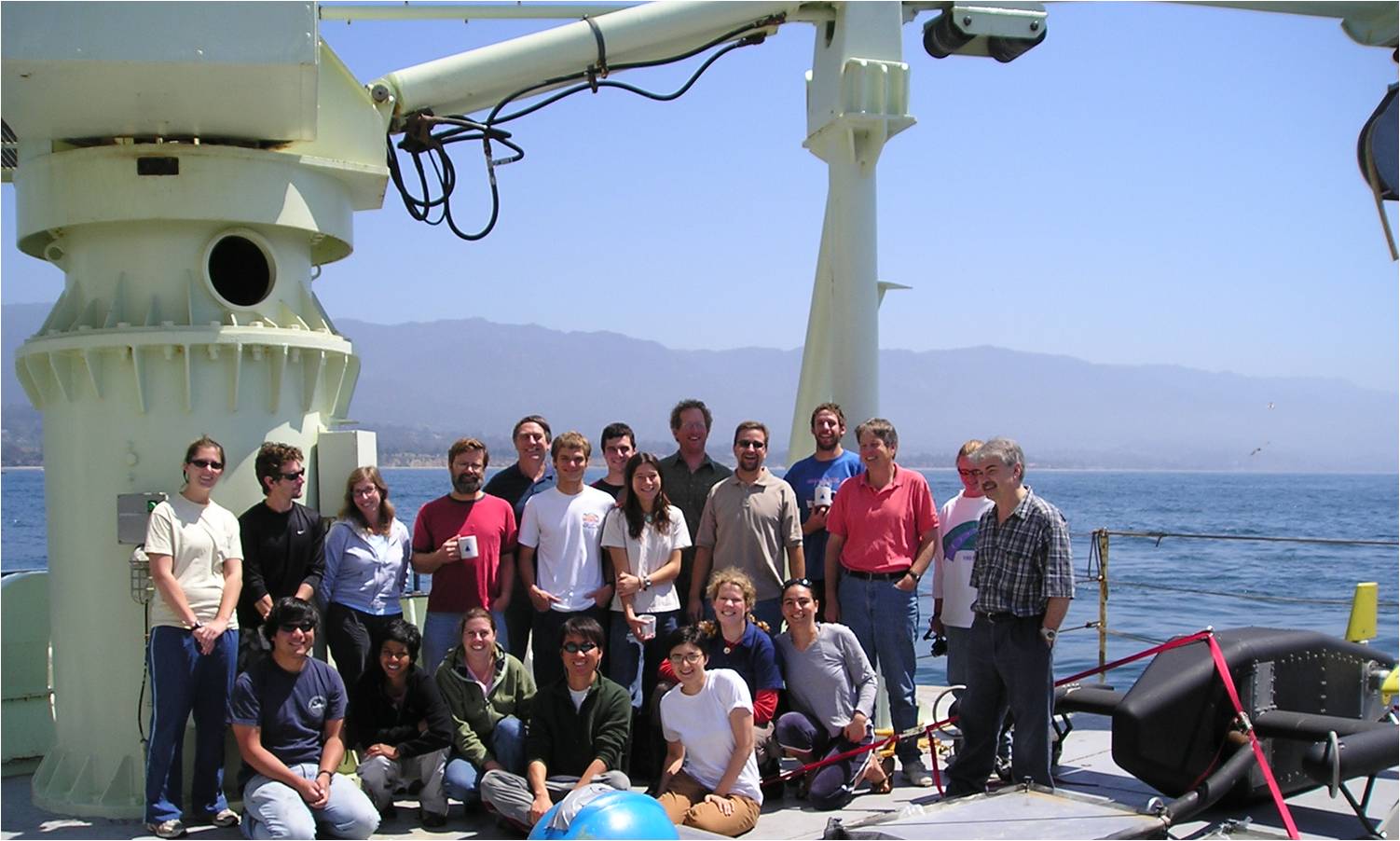
Projects
Outreach
For friends
Photo gallery
Blog
| One of the questions I often receive is what made me study oceanography and work in the U.S.A., and I always like to share my story because it is full of adventure. | |
 Seomjin River estuary |
I was not aware of the term 'estuary' in Korean until I took Ecology as an undergraduate. We did a semester-long group project and my team members decided to do research on Seomjin River estuary because the dynamic food web and physical mechanisms looked very interesting to us. I still remember that it was very difficult to drive a car fast enough to follow a buoy that we threw in during ebb tide (we didn't have a car GPS in 2002!) and dig mud for an hour to collect one crab with a garden shovel. However, we could not miss the importance of the estuary even with simple and somewhat stupid experiments because, at least to me, the estuary looked like our body in which everything is connected to everything. Even at that time (year 2002) there were on-going problems in all aspects of the estuarine system, such as dams, concrete levees, pollution, and over-fishing. I wanted to study estuaries to keep them alive and healthy . |
 Crossing Canada |
I can say that traveling across Canada from Sep/2002 to Jan/2003 was a life-changing experience. I had served my country in the Republic of Korea Air Force for 30 months (1998 - 2000) and truly wanted to travel to refresh myself. In 2002, I met a scientist from McGill University who conducted research in the St. Lawrence River and participated in the International Associate for Ecology (Seoul, Korea) conference where I worked as a volunteer. I was absolutely amazed by the size of the estuary but, more importantly, by the diversity of study topics. I wanted to see the estuary so badly, I spent next five months in Canada (and crossed it). |
 Dr. Landry et al. on R/V Knorr |
My wife and I got married in 2004 in Korea and moved to the U.S.A. in 2005 to study English at the University of California, San Diego. But we did not expect that I could have hands-on experience in an oceanography laboratory until I contacted Dr. Michael Landry at Scripps Institution of Oceanography. He is a leading expert in plankton ecology and foodweb dynamics, and he offered me a job in his laboratory for a year and one-month long cruise. The research on the cruise was part of the California Current Ecosystem, Long-Term Ecological Research and published in Landry et al. (2009). By the end of the cruise, I could not wait to conduct my own research and had applied graduate school at the University of Maryland Center for Environmental Science, Horn Point Laboratory where I had the opportunity to work with many leading experts in estuarine and coastal research. Do all of these casual events seem to be interconnected? |
1000 West Cary St. Room 006, Richmond, Virginia, 23284-2012
Phone: 804-827-2796
Email: dylee@vcu.edu